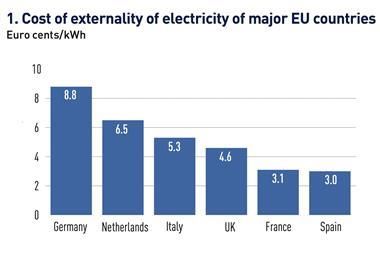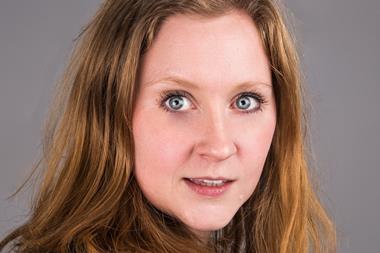The Italian government will try to renew its push for pension reforms in fresh negotiations with the unions, with the second-pillar pension system (previdenza complementare) that is set to play a greater role in its plans, after the government approved only transitory measures on retirement in the budget law for 2023.
The Ministry of Labour and Social Affairs is set to meet with the unions on 19 January to start discussing changes to the pension system, according to reports.
In an interview with La Stampa newspaper, Marina Elvira Calderone, minister of labour and social policies, said that it is necessary to create a clear framework on pensions so that workers clearly understand the requirements for retirement, and the conditions to work longer.
A further important point of discussion, according to Calderone, is the harmonisation of the first and second-pillar pension systems, and simplifying rules for occupational pensions.
The minister will proceed to review the different pension pillars and how they “interact” with each other, particularly in a system where contributions will continue to play an important role for pensions, Calderone said, explaining the plans of the labour ministry for this year before the social affairs committee of the Italian parliament in December.
The labour ministry will focus its work particularly on the second pillar, on welfare and social support, which are “strategic topics”, she told the committee.
The pension reform is necessary because the measures taken in the budget law are not “structural”, but only for 2023, preparing for the possible overhaul of the pension system, Calderone said.
Pension funds and associations are to cut taxes on returns of invested assets, increase the ceiling for tax-deductible contributions, and design a clear legislative framework.
Transitory measures
The government and the parliament have approved transitory measures on pensions for this year in the budget law, including the possibility to retire early at 62 years of age and with 41 years of contributions, a ”flexible early pension” or so-called quota 103.
Employees who have met the minimum requirements for early retirement but decide to continue working will receive a bonus in the form of contribution.
The labour ministry will define the rules for the bonus with a decree to be issued by 31 January, along with the Ministry of Economy and Finance.
The budget law is also extending APE Sociale, a benefit paid by the Istituto Nazionale di Previdenza Sociale (INPS), to 31 December 2023, for individuals who are at least 63 years of age and are not already entitled to pensions.
The benefit is granted to workers who carry out heavy jobs, disabled, unemployed who have exhausted unemployment benefits (NASpI), and caregivers.
For 2023 the law is also extending ‘Option Donna’ which gives female workers the option to retire early if they have accrued a minimum 35 years of contributions and are 60 years old – which can go down to 59 if the woman has a child and to 58 if the woman has two children.
The measure applies only to caregivers, disabled people, and redundant workers or employees of companies in a difficult financial situation.
The government has also decided to increase the minimum pensions for people aged over 75 to €600, and the indexation of pension amounts four or five times the minimum has been increased from 80% to 85%, according to the Ministry of Economy and Finance.
The latest digital edition of IPE’s magazine is now available
















